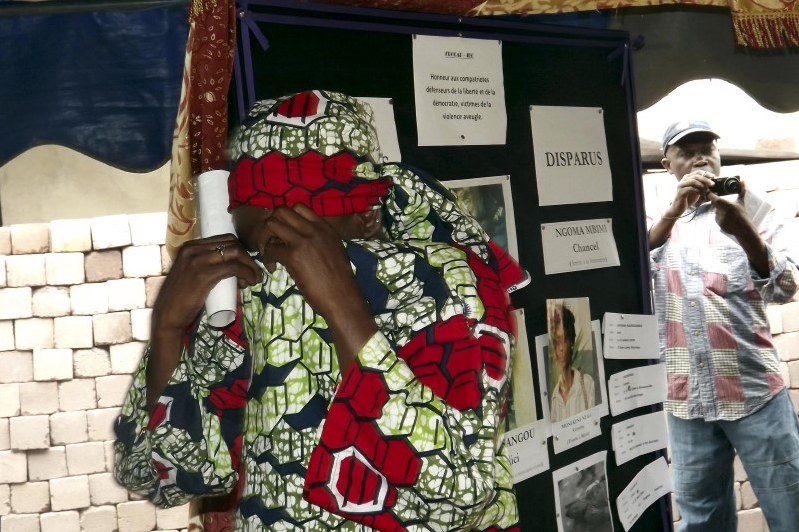
Fourteen humanitarian workers have been kidnapped in eastern Democratic Republic of Congo, the latest in a spate of hostage-takings in the region, the United Nations and local activists said on Monday.
Eastern Congo was ravaged by two wars between 1996 and 2003 that killed millions of people, most dying from hunger and disease, and the region remains plagued by dozens of armed groups who compete over reserves of gold, tin and tantalum.
The employees of a Congolese non-governmental organization were abducted on Sunday in the Rutshuru region in North Kivu province, the U.N. mission in Congo's humanitarian coordinator, Mamadou Diallo, said in a statement.
"This kidnapping confirms the fragile security situation in which the various humanitarian organizations work and whose victims are the local population," Diallo said. "I call for the liberation of these humanitarian workers."
Diallo did not say what organization the workers belonged to or who is believed to be responsible for the attack.
A local activist group, the Centre of Study for the Promotion of Peace, Democracy and Human Rights, said in a statement on Monday that the aid workers were taken in the town of Makoka, some 100 km (60 miles) northeast of the provincial capital Goma, by a dozen armed men.
The statement blamed the attack on rebels from the Democratic Forces for the Liberation of Rwanda (FDLR), a Hutu militia based in eastern Congo since fleeing the neighboring country after the 1994 genocide.
Congo's army launched operations against the FDLR in February, prompting retaliatory attacks against Congolese soldiers and civilians.
An FDLR spokesman could not be immediately reached for comment.
Security in Rutshuru, the site of several previous insurgencies, has deteriorated this year, with dozens kidnapped by armed militias and criminal gangs.
(Reporting by Aaron Ross; Editing by Mark Heinrich)






